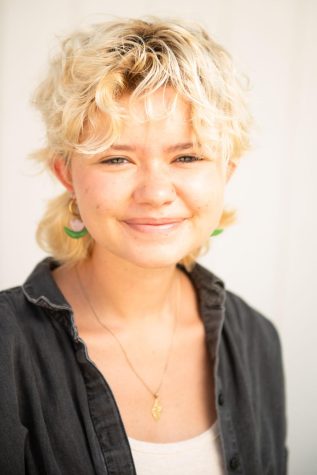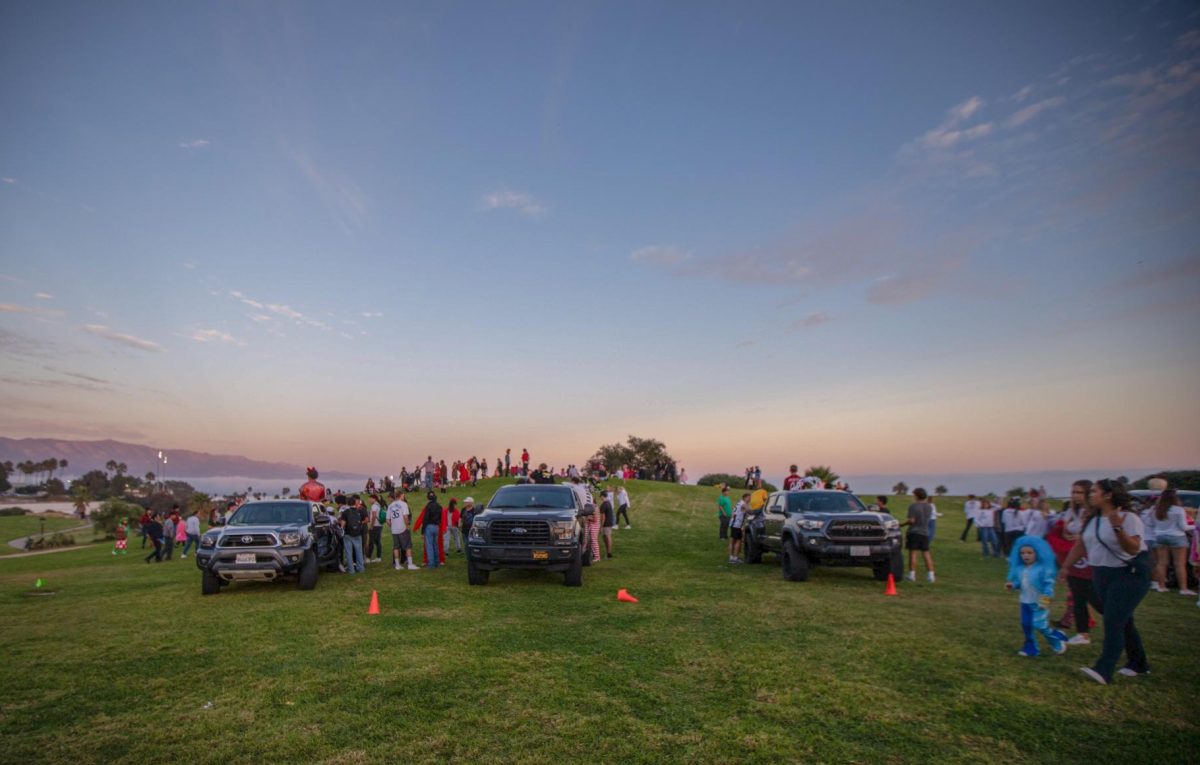In an age of political divisions within America and across the globe, politics are heavily discussed in the media and in daily conversations. Tensions between opposing sides of the political belief spectrum have increased over the past few years during the Trump administration and throughout the pandemic, and have created instability for citizens in America. A deep polarity of political opinions has surfaced questions about whether being politically involved is good or not, so we asked our staff, “Is it bad to stay out of politics?”

Ella Todd, Staff Writer
In high school, I devoted most of my free time to activism and political involvement. I would even skip classes to participate in walkouts or attend protests. I stayed informed, watched the news, and begged my parents to vote.
As I got older and grew into my values and beliefs, I realized politics is just that– politics. Politicians don’t work for the greater good and the issues we care about are not personal to them. It’s ultimately about wealth and power, no matter what side they are on. I stopped seeing politics as the end-all-be-all mode of change for our society and started trying to understand my true feelings about social issues, without the partisan divide breathing down my neck.
What many of us equate being involved in politics to is reposting colorful infographics and “staying informed” on TikTok. Often, it’s a lot of mindlessly reposting ideas we barely know anything about. The use of social media for activism seems largely ineffective and empty in terms of impact, and is how most are getting involved.
Over a decade ago, Malcolm Gladwell wrote in “Small Change” that social media “makes it easier for activists to express themselves, and harder for that expression to have any impact.”
He bases his argument on research done by sociologist Doug McAdam, who found people are much more likely to participate in “high risk/cost” activism (which leads to a “high reward” of real systemic change) if they have strong ties to other participants, meaning they’re close to one another in some way. Social media, Gladwell argues, creates weak ties between individuals which in turn can only create weak movements.
It doesn’t make sense to me to be involved in politics the way we view it today. It feels frustrating because it doesn’t achieve much real change and I would rather just do my research to vote for what I believe is right, not who. Instead of placing so much value on political affiliations we should be creating change in our own lives and communities.
Volunteering at soup kitchens and food distributions has been so much more fulfilling and meaningful than any of my involvement in politics, and it makes a difference in my immediate community. Creating productive discourse with those around you and investing time into relationships with people both similar, and different from you can create tight-knit communities, something we seem to be lacking lately. Supporting each other in light of differences can create change at a very personal level, which creates a ripple effect from there.
 Bailey Schroerlucke, Staff Writer
Bailey Schroerlucke, Staff Writer
I’m not sure if it was the sweltering heat of the sun that beat down on everyone residing in my hometown that melts away the brain cells of the majority, or the lack of diversity there that keptFC people sheltered inside of their privileged bodies, but whatever the root of the problem was, I was determined to escape the ultra-conservative mindset that held a tight grip on Santa Clarita. My involvement and interest in politics, which began while I was in high school, has led me to believe it is bad for people to stay out of politics.
We are inherently part of a political cycle that infiltrates nearly every aspect of our lives, engraved into our jobs, schools, healthcare, taxes, and miniscule parts of our daily lives, so it is up to individuals to take advantage of this fact and actively submerge themselves into political involvement. Alternatively, one would remain as a passive pon in the game of society, carelessly walking through life assuming the status quo.
A strong democracy depends on the political participation of those residing in a governed country. Without the involvement of citizens in politics, a democracy would not exist, autocratic rulers would emerge, and our rights would quickly fade away.
A political divide in America has caused instability within its borders, and major decisions like the overturning of Roe v. Wade has shattered the country’s reputation across the globe.
During the heat of Trump’s presidency, political tension was rigid, but coming out of that administration, individuals need to be politically educated and engaged, as the rise of right wing populism persists, and conspiracy driven political delusions invade the minds of vulnerable victims.
Now, when I say one should be politically active, it is not to say that this means simply sharing an infographic on Instagram with a message like “Stop Putin!” placed in the middle of a flowery border. What I mean is that an individual stays educated about the political processes around them, where this understanding transitions into action through voting, sending letters to local representatives, campaigning, speaking at city council meetings, and even running for governmental positions.
If one remains out of politics, they should not complain when they are unhappy with the outcome of an election or the policies being put into place. Especially in the case when someone has access to information, and has the ability to participate in any way they can, they should do so for the people who don’t have a voice.







